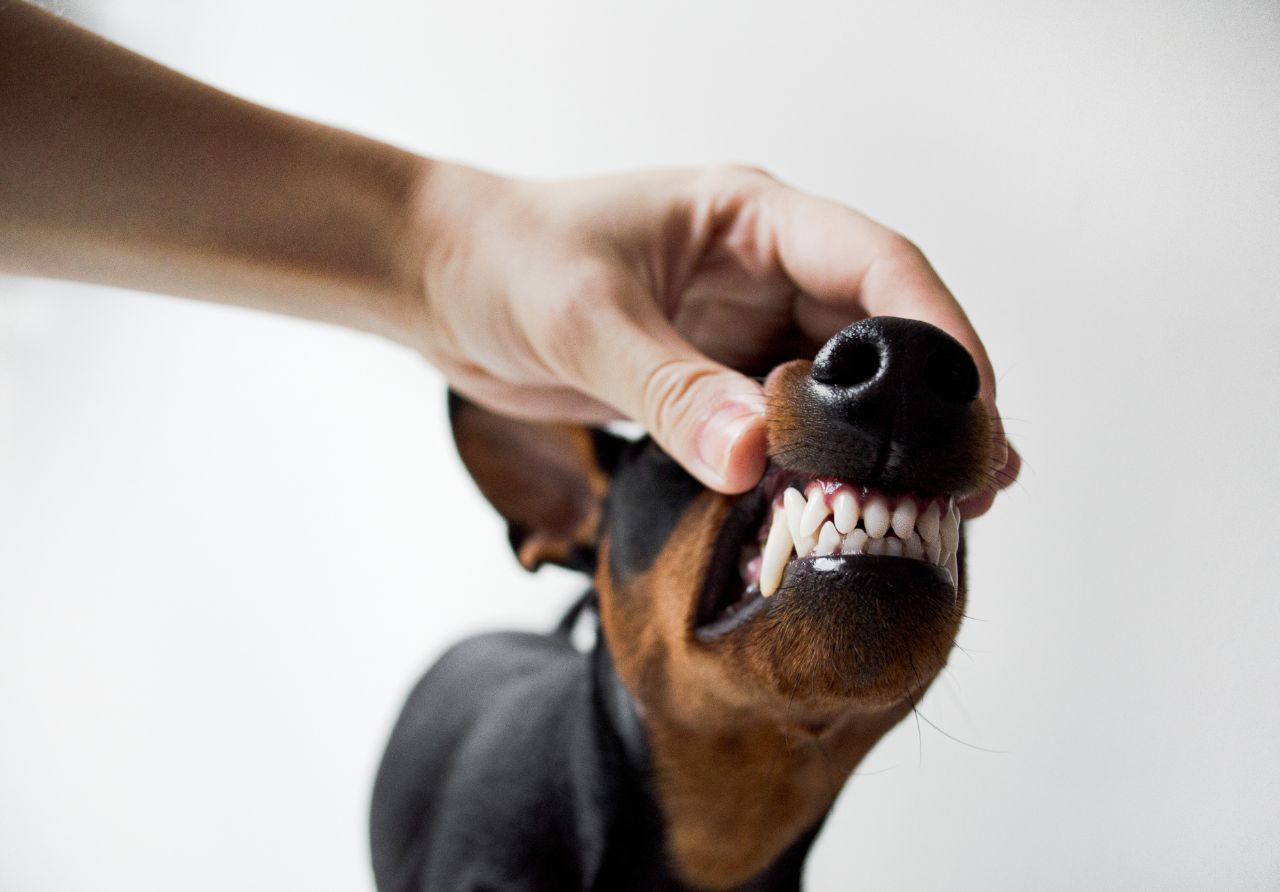Pet Dental Care
Just like in humans, dental health is a very important part of your pet’s overall health. Your pet’s teeth and gums are always evaluated at a regular checkup. Evaluating dental health every year will usually catch any early signs of a problem and help keep your pet healthy. As your pet ages, routine dental cleanings under anesthesia become a critical part of care. Our specialized equipment allows us to see beneath the gum line and evaluate your pets’ teeth, teeth roots, and jawbone. We capture images, called “digital dentistry,” to compare and detect changes over time.
Have your pet’s teeth checked sooner if you observe any of the following problems:
- Bad breath
- Broken or loose teeth
- Extra teeth or retained baby teeth
- Teeth that are discolored or covered in tartar
- Abnormal chewing, drooling or dropping food from the mouth
- Reduced appetite or refusal to eat
- Pain in or around the mouth
- Bleeding from the mouth
- Swelling in the areas surrounding the mouth
At home, taking care of your pets’ teeth will go a long way. We believe the prevention of the most common oral disease in pets consists of frequent removal of the dental plaque and tartar that forms on teeth that are not kept clean. Regularly brushing your pet’s teeth is the single most effective thing you can do to keep their teeth healthy between dental cleanings and may reduce the frequency of or even eliminate the need for periodic dental cleanings. We’d love it if you could brush your pets’ teeth every day, but we understand it’s not always possible. The good news is that brushing several times a week can be effective.



The general health of your pet is closely related to their overall dental health. At regular check-ups, we evaluate their oral health.